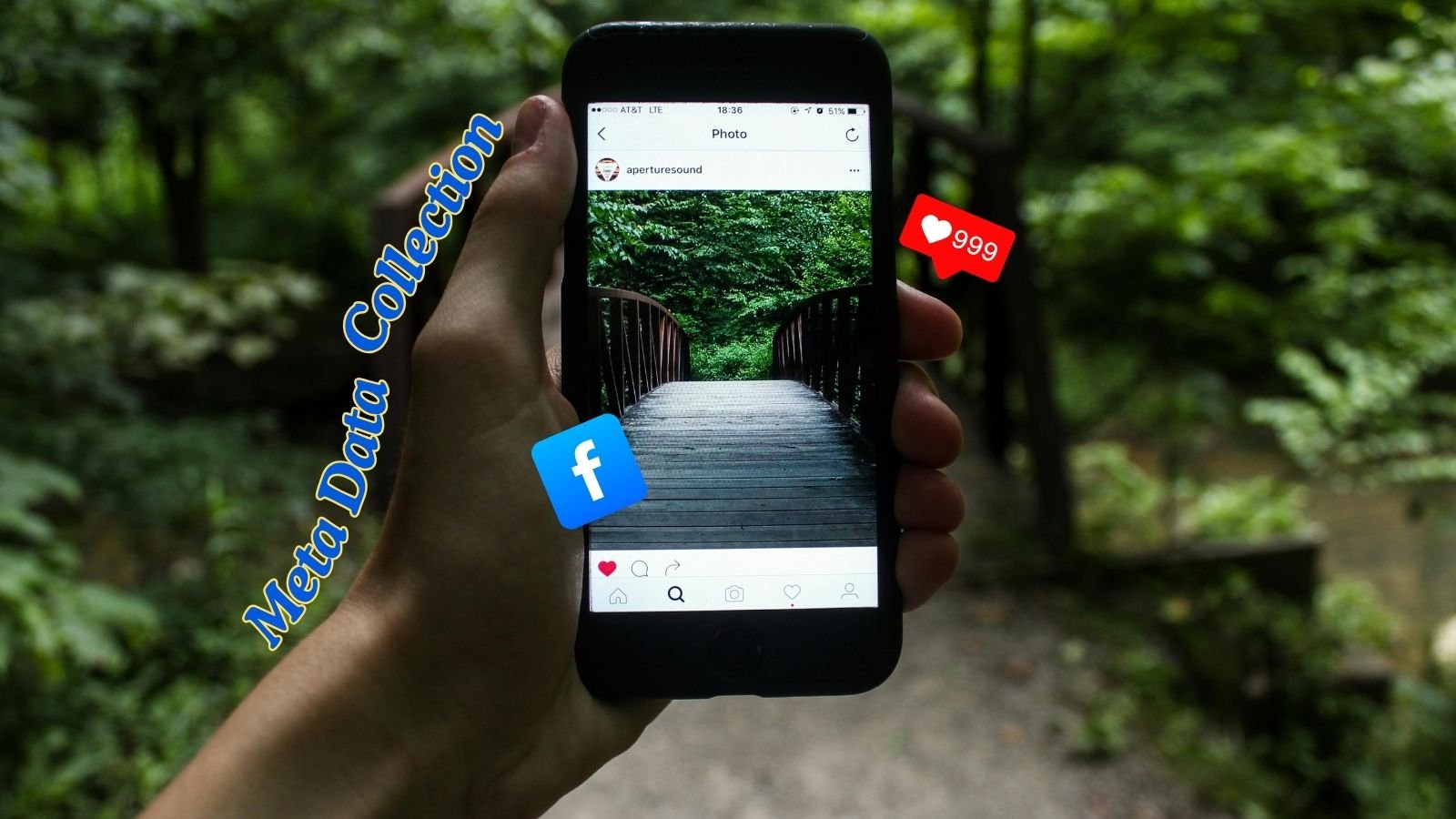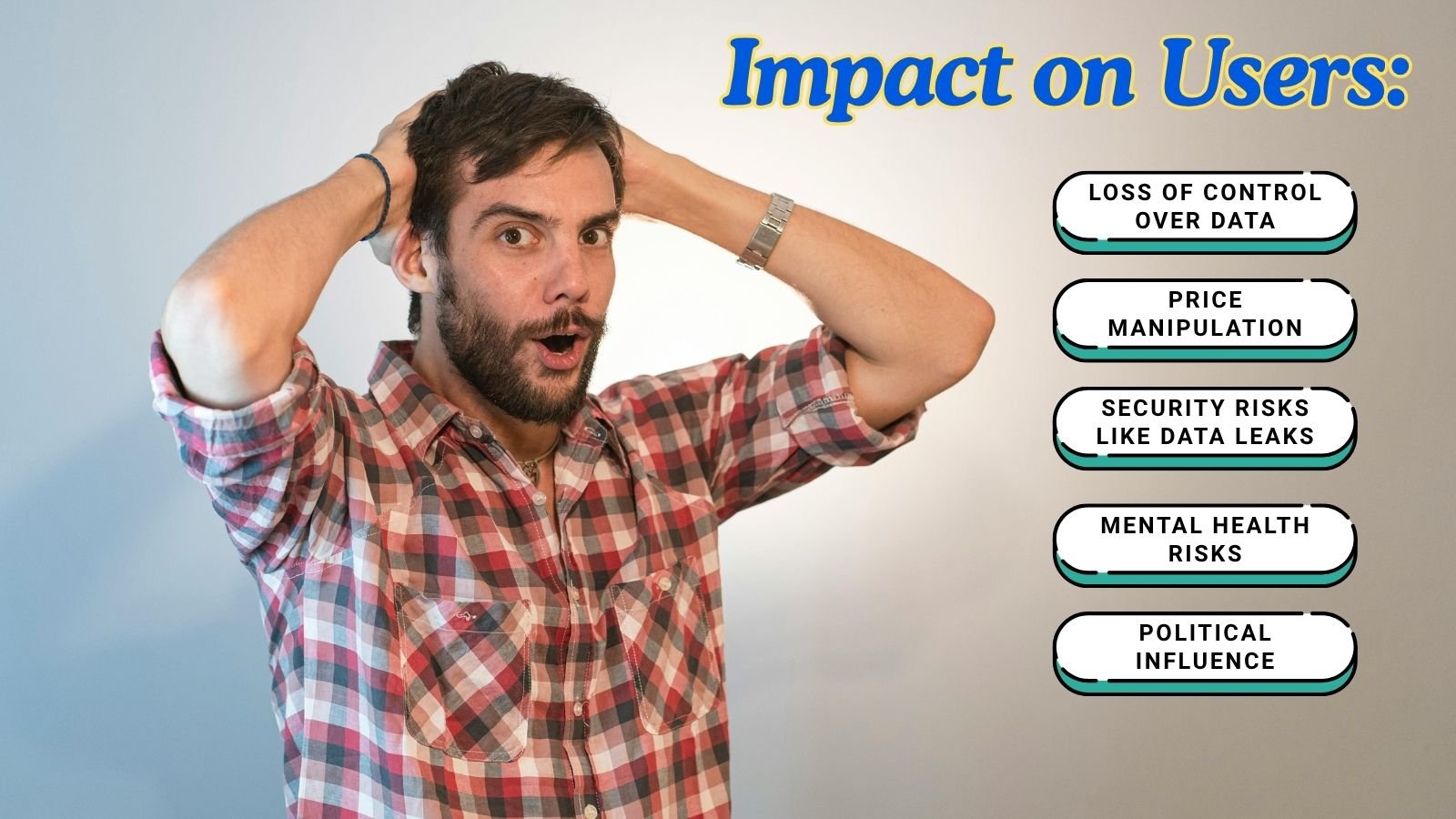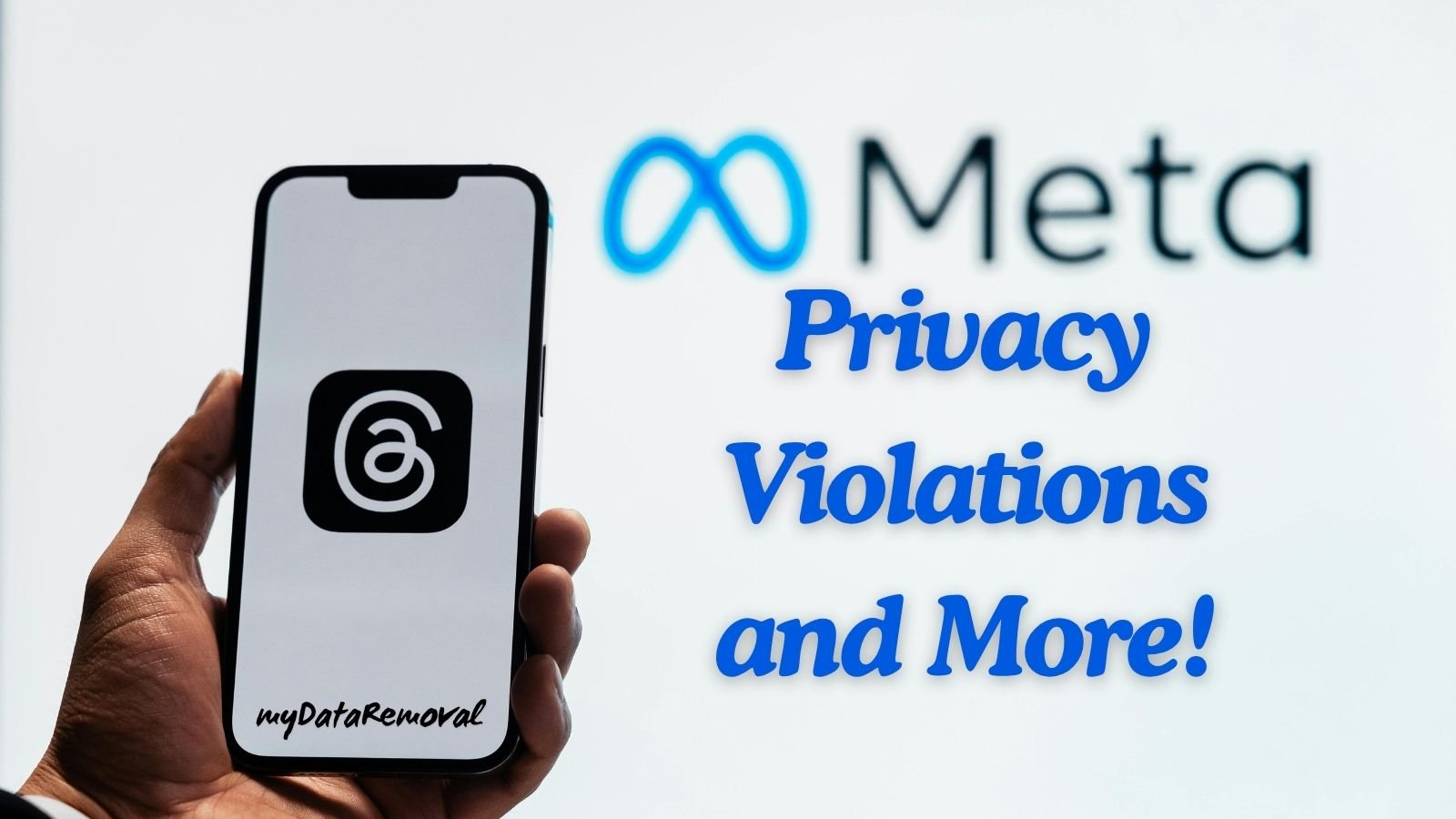Do you find it weird that your phone knows a lot about you? It knows when you're craving fries and shows you ads at the right time. Right after you open Instagram, you see a post about a time-limited burger deal.
The $8 billion Meta trial is about the data privacy violations that started in 2015. This highlights the risks to people’s privacy and the concerns of targeted ads, the mental health impact on social media users, and the security of user data.

If you've been using Instagram, Facebook, or WhatsApp, you’ve probably been receiving targeted ads nonstop. That’s because Meta, the company behind these platforms, collects data and uses it for personalized ads.
Now, the company, Meta, is in hot legal soup, facing an $8 billion trial.
The Meta $8 Billion Trial

Here’s the entire timeline of the Meta privacy controversy:
- 2015-2018: Cambridge Analytica (a political consulting company) collected the data of at least 87 million Facebook users. They used an app called “This Is Your Digital Life.” Then, they used user data to personalize political campaigns during the 2016 elections.
- 2021: Frances Haugen (former product manager at Meta) became a whistleblower and leaked thousands of documents showing Meta was aware of and ignored the negative effects the platforms had on users. The key revelations include:
- Meta ignored its research findings that Instagram negatively affected the mental health of teenagers.
- Meta algorithms have promoted misinformation, inflammatory content, and disturbing content.
- Meta’s platforms have contributed to violence, hate speech, and misinformation in developing countries.
- 2022-2024: During this timeframe, class action lawsuits against Meta piled up. The allegations were that Meta still tracked users after they opted out, collected biometrics, and violated privacy laws like the HIPAA and VPPA. One settlement in Texas led to a $1.4 billion payout.
- 2025: In July 2025, a high-profile $8 billion trial is about to start. Mark Zuckerberg is set to testify. The allegations were that Facebook was running an illegal operation for mishandling the data of its users without consent.
Meta shareholders are the ones who filed the lawsuit. They claim that Zuckerberg, among other leaders, has repeatedly breached a 2012 agreement with the FTC. They are seeking an $8 billion reimbursement from the penalties incurred by Meta, as well as a $5 billion fine from the Cambridge Analytica scandal.
The non-jury trial will start on Wednesday, take place in Wilmington, and will focus on how executives carried out the 2012 agreement.
Overall, Meta has allegedly been tracking users, collecting sensitive data, profiling users to an extreme degree, bypassing privacy settings, and sharing personal info with third parties.
The Impact on Users

Now, what does this have to do with you? Should you care?
Yes, you should. There are a few reasons:
- Impact No. 1: Loss of Control: Companies like Meta doing anything they want with your data, even if you’ve already opted out or turned off tracking, only means that we’re losing control. What’s worse, it means that we’re losing our right to privacy.
- Reason No. 2: Price Manipulation: With your data, companies can evaluate or perceive how rich you are. This helps them tailor ads, which means products and services might be marketed to you at a higher price than others.
- Reason No. 3: Security Concerns: The more data Meta and other companies collect, the more of your data is put at risk. When they get breached, your data will likely be leaked or sold on the dark web. This increases your chances of being targeted by scams and identity theft.
- Reason No. 4: Mental Health Risks: Companies can use your data to decide what kind of content you see. If you’re feeling conscious about your body, and you searched for body tips once, you might start getting more videos about idealized body sizes that are just not possible. This might affect your self-esteem.
- Reason No. 5: Political Influence: Companies can legally share your data with political campaigns. This means politicians can target you, misinform you, or manipulate you into voting for the wrong people.
How to Protect Yourself

Should you quit social media? You don’t have to. It’s already part of our social and work life. But there are things you should do to protect your data and yourself.
- Think Before You Click: Don’t just post or click anything whenever you’re online. Don’t let other people know about your address or personal problems. Don’t give your information to the platform if it’s not needed. Lastly, if you see a quiz that says, “What kind of bread are you?” don’t take it. That’s likely just designed to harvest your information.
- Use Privacy-Focused Browsers: If you’re logging in to your social media account using your computer, use a privacy-focused browser instead of Google. You can try Brave or Firefox—these browsers have tracker blocking and limited data collection.
- Update Your Privacy Settings: Regularly check your settings on Facebook, Instagram, and other Meta platforms. Make sure Meta can’t easily snoop your data by default.
- Install Tracker Blockers: Consider using extensions like uBlock Origin or Privacy Badger. These apps block tracking scripts and cookies, preventing third parties from collecting your data.
- Opt Out of Ad Personalization: You can prevent ad personalization. Here's how:
- Access Meta Accounts Center > navigate to Ad Preferences > look for “Your information and permissions” > go to “Your activity off Meta technologies” > click “Disconnect specific activity” > choose “Disconnect” > and confirm your choice.
Conclusion
Overall, the Meta trial is a wake-up call. We can’t travel back in time and undo our bad privacy choices. But still, we can move forward. Start being aware, smart, and cautious about what you share with Meta platforms.
Frequently Asked Questions
What are the 3 major internet privacy issues?
The top three issues on internet privacy are 1) information mishandling, 2) location tracking, and 3) snooping. You can avoid these threats by using VPNs, safe browsers, regularly updating software, and adjusting social media settings.
Are there different types of privacy?
The types of privacy are intellectual, communication, bodily, and territorial. Intellectual privacy is the right to learn and think. Communication is the confidentiality of your conversations. Bodily privacy is the right to control your body. Territorial privacy is the right to your physical environment.



